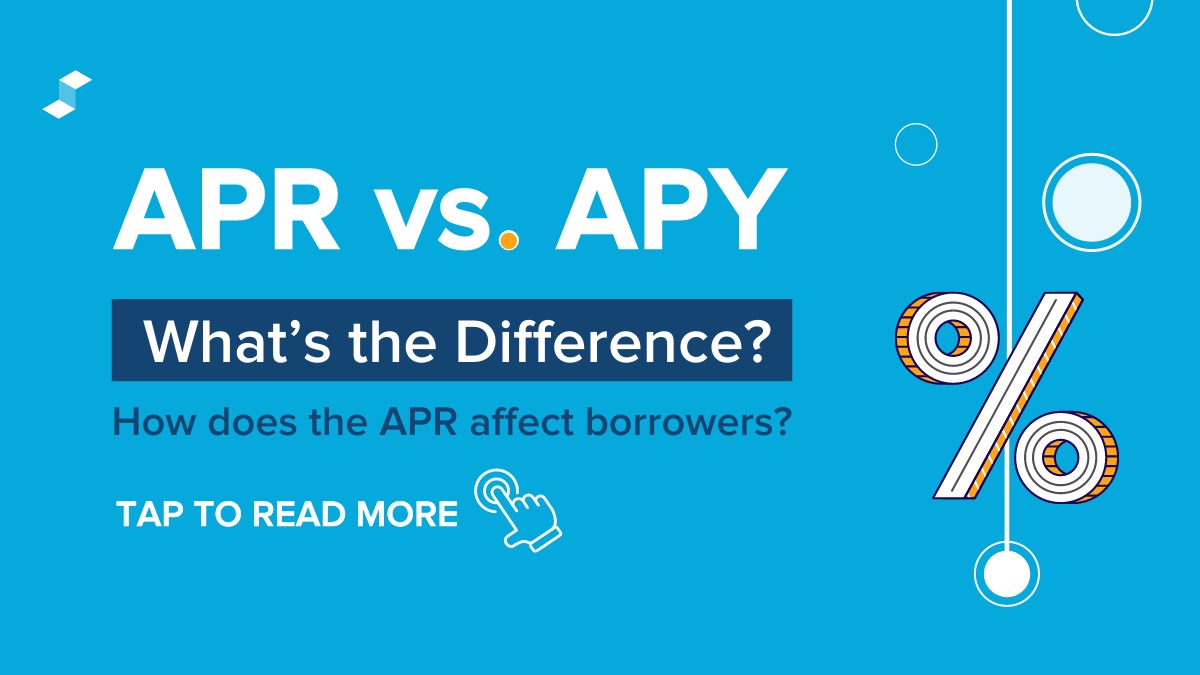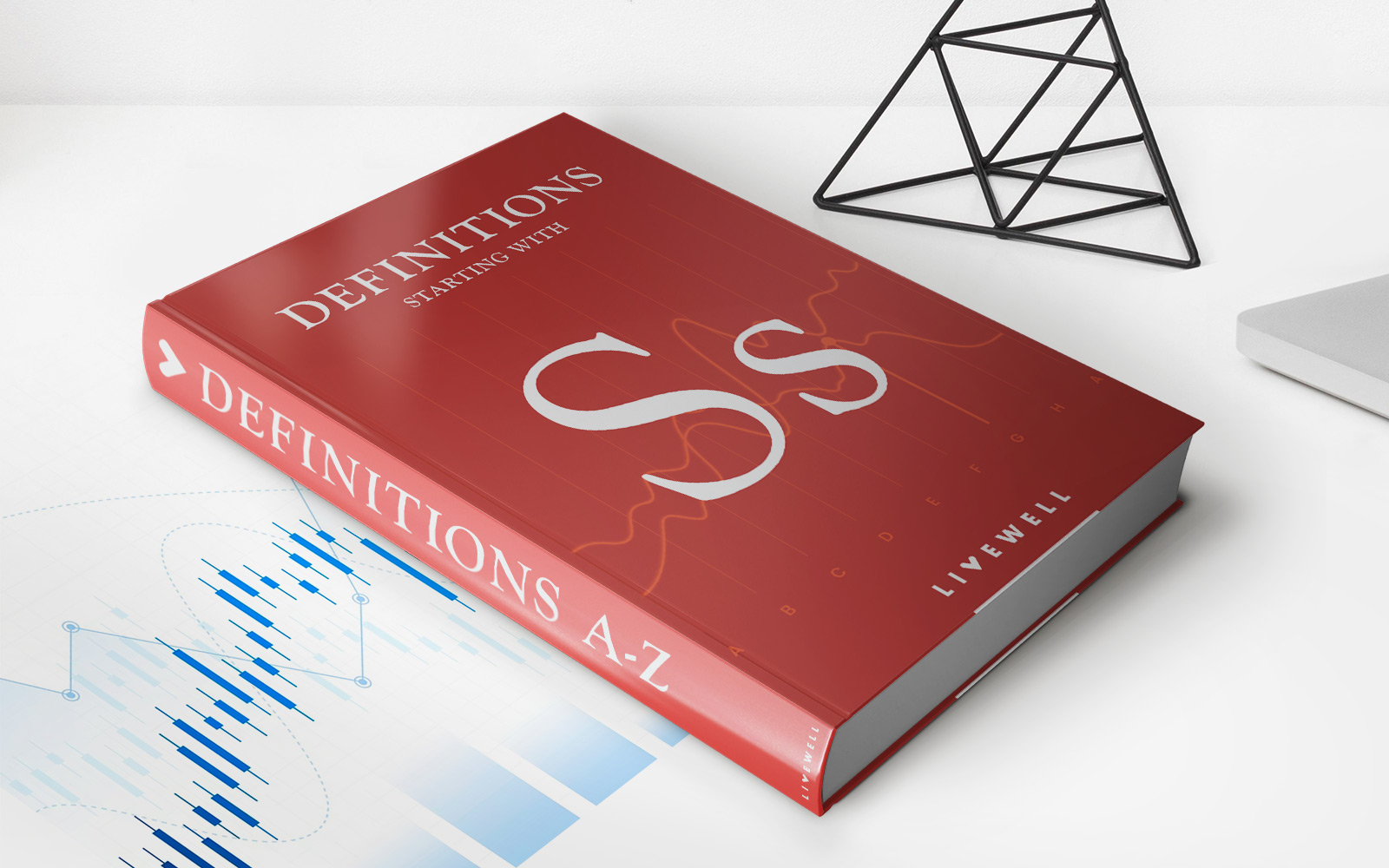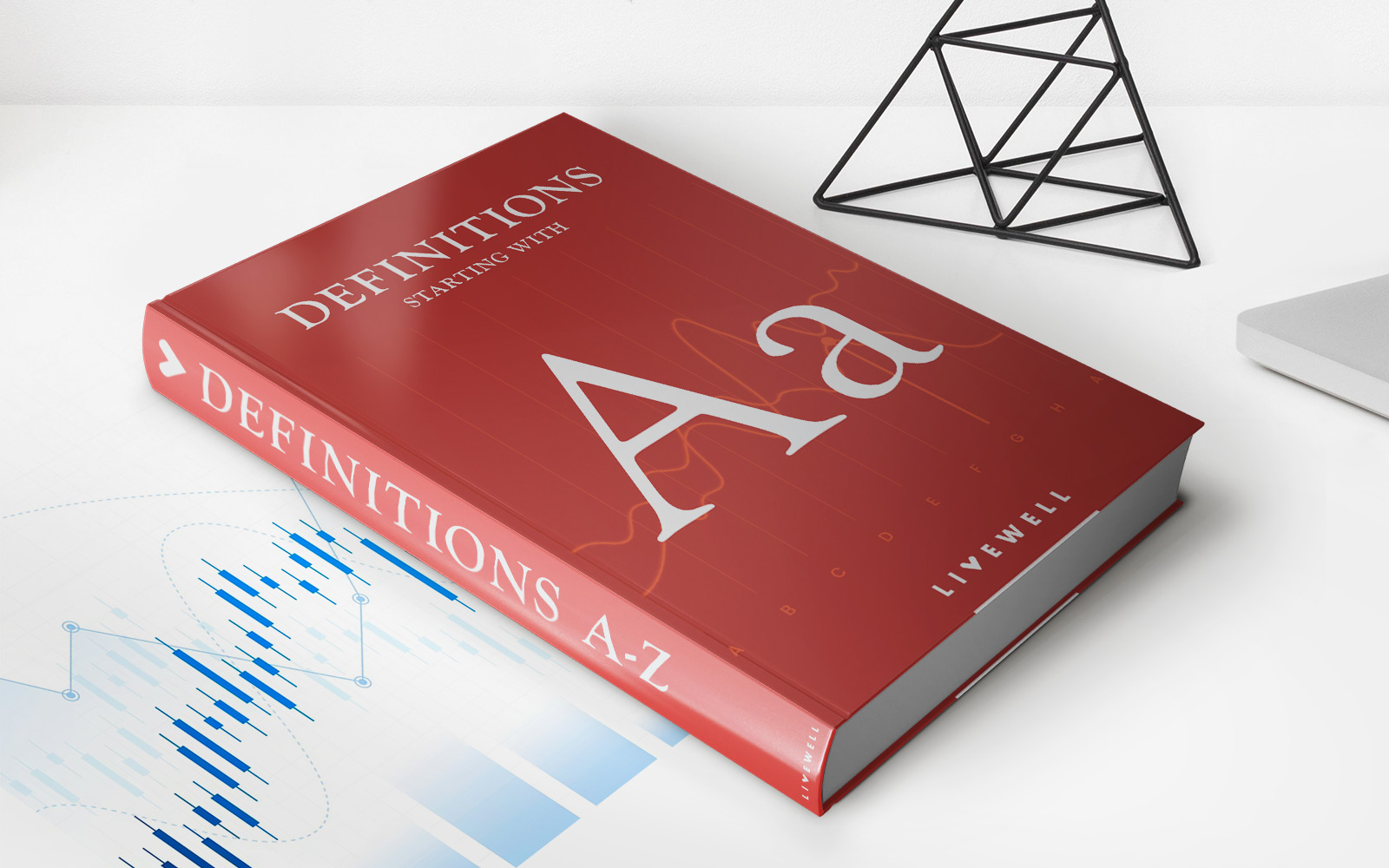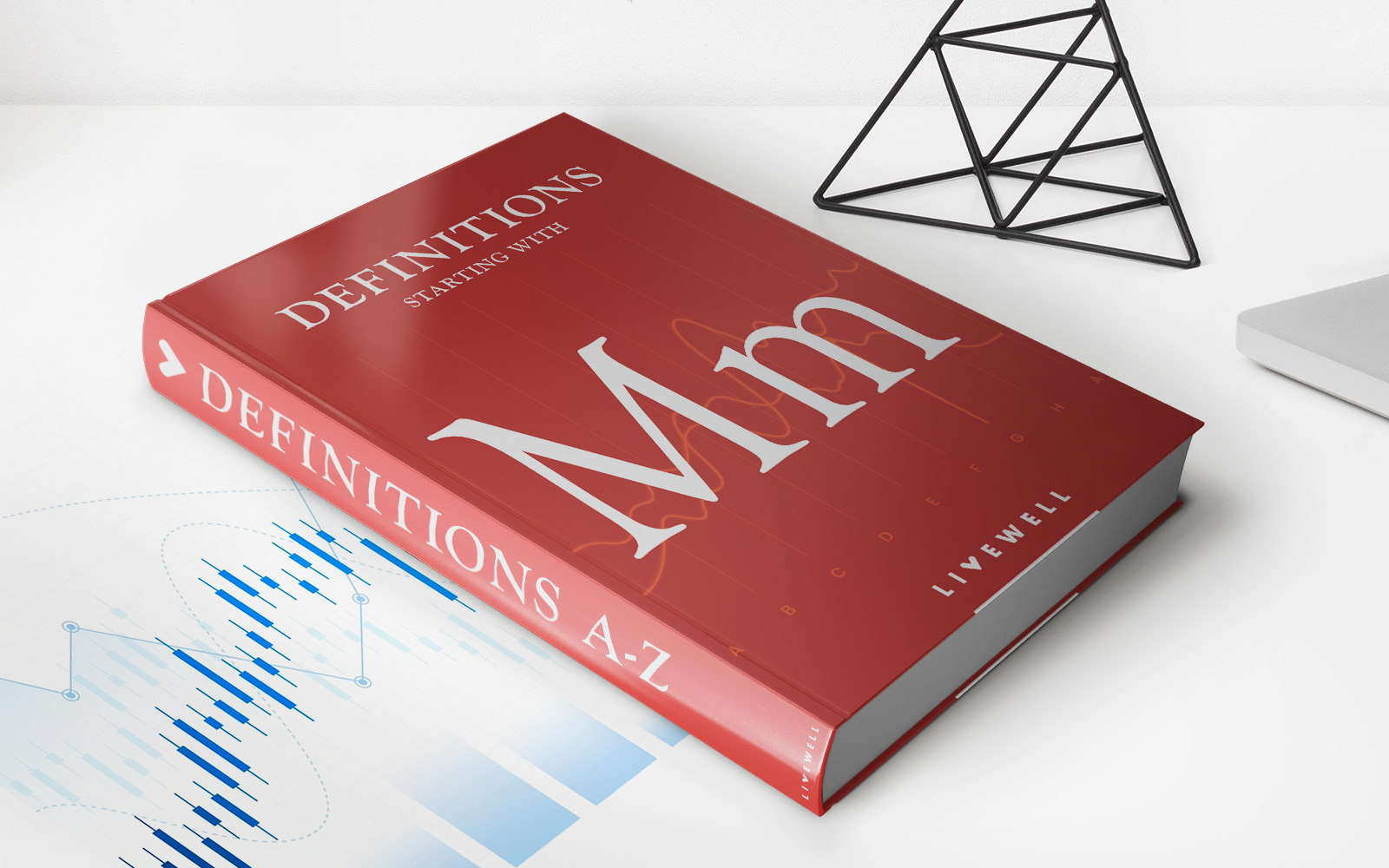Home>Finance>What Is The Difference Between A Hard Credit Inquiry And A Soft Credit Inquiry


Finance
What Is The Difference Between A Hard Credit Inquiry And A Soft Credit Inquiry
Modified: March 5, 2024
Learn the distinction between hard and soft credit inquiries in finance. Understand how each type affects your credit score and financial standing.
(Many of the links in this article redirect to a specific reviewed product. Your purchase of these products through affiliate links helps to generate commission for LiveWell, at no extra cost. Learn more)
Table of Contents
- Understanding the Impact of Credit Inquiries on Your Financial Health
- Unveiling the Mechanisms of Credit Assessment
- Exploring the Impact of Credit Applications
- Unveiling the Nature of Non-Impacting Credit Checks
- Deciphering the Variances in Credit Assessment Mechanisms
- Evaluating the Influence of Credit Inquiries on Creditworthiness
- Understanding the Contexts of Credit Inquiries
- Navigating Credit Inquiries with Knowledge and Prudence
Introduction
Understanding the Impact of Credit Inquiries on Your Financial Health
Credit inquiries play a pivotal role in shaping an individual's financial journey. Whether you're applying for a new credit card, seeking a loan, or even exploring potential housing opportunities, your credit report is often scrutinized through inquiries. However, not all credit inquiries are created equal. It's crucial to distinguish between hard and soft credit inquiries, as they can have varying impacts on your credit score and overall financial well-being.
Understanding the nuances of these inquiries is essential for making informed decisions about your financial future. In this comprehensive guide, we'll delve into the fundamental differences between hard and soft credit inquiries, explore their respective implications on credit scores, and shed light on the circumstances that warrant their usage. By unraveling the intricacies of credit inquiries, you'll be empowered to navigate the financial landscape with confidence and clarity.
Join us as we embark on a journey to demystify the world of credit inquiries, equipping you with the knowledge needed to make sound financial choices and safeguard your creditworthiness.
Understanding Credit Inquiries
Unveiling the Mechanisms of Credit Assessment
Credit inquiries, also known as credit pulls or credit checks, are requests made by various entities to review an individual’s credit report and assess their creditworthiness. These inquiries serve as crucial indicators for potential lenders, landlords, and other relevant parties to evaluate an individual’s financial reliability and responsibility.
When an inquiry is made, it is documented on the credit report and can impact the individual’s credit score. There are two primary categories of credit inquiries: hard inquiries and soft inquiries. The distinction between these two types lies in their purpose, impact on credit scores, and the circumstances under which they are initiated.
Hard inquiries typically occur when an individual applies for new credit, such as a credit card, mortgage, or auto loan. These inquiries are initiated with the explicit consent of the individual and are used by lenders to make informed decisions regarding the extension of credit. On the other hand, soft inquiries are often related to background checks, pre-approved offers, or credit checks initiated by the individual for personal review. It’s important to note that while hard inquiries can affect credit scores, soft inquiries do not have any impact in this regard.
By gaining a comprehensive understanding of credit inquiries and their implications, individuals can proactively manage their financial activities to maintain healthy credit profiles. The next sections will delve deeper into the specifics of hard and soft credit inquiries, elucidating their distinct characteristics and shedding light on their respective influences on credit scores and financial assessments.
Hard Credit Inquiries
Exploring the Impact of Credit Applications
Hard credit inquiries are triggered when individuals apply for new lines of credit, such as credit cards, loans, or mortgages. These inquiries are typically initiated with the individual’s consent and are recorded on their credit report. Lenders use hard inquiries to assess an individual’s creditworthiness and the potential risk associated with extending credit to them. As a result, hard inquiries are closely linked to credit decisions and can have an impact on an individual’s credit score.
It’s important to recognize that each hard inquiry can potentially cause a small, temporary decrease in a person’s credit score. While this impact is relatively minor, multiple hard inquiries within a short time frame can collectively influence the credit score more significantly, signaling to lenders that the individual may be seeking credit irresponsibly or facing financial challenges.
From a lender’s perspective, an abundance of hard inquiries may raise concerns about the individual’s ability to manage additional credit obligations. Consequently, this could affect the terms offered for new credit, such as interest rates and credit limits. To mitigate the negative impact of hard inquiries, individuals are advised to be selective and deliberate when applying for new credit, ensuring that their financial needs align with their credit-seeking activities.
While hard inquiries can affect credit scores, it’s important to note that the scoring models typically account for the fact that individuals may shop for the best loan terms, such as for a mortgage or auto loan, within a specific time frame. As a result, multiple inquiries of the same type within a certain window, often around 14 to 45 days, are typically treated as a single inquiry, minimizing their collective impact on the credit score.
Understanding the implications of hard inquiries empowers individuals to make informed decisions when pursuing new credit opportunities. By strategically managing their credit applications and being mindful of the potential impact on their credit scores, individuals can navigate the credit landscape with prudence and foresight.
Soft Credit Inquiries
Unveiling the Nature of Non-Impacting Credit Checks
Soft credit inquiries, in contrast to hard inquiries, do not impact an individual’s credit score. These inquiries are typically initiated for informational or promotional purposes and do not involve a review of the individual’s full credit report. Instead, they provide a high-level overview of the individual’s credit history, offering insights without delving into specific account details or payment history.
Common scenarios that prompt soft inquiries include background checks for employment, pre-approved credit card offers, and credit checks initiated by individuals for personal review. Additionally, financial institutions and existing creditors may conduct soft inquiries to monitor existing customers’ credit profiles or to assess eligibility for credit limit increases.
One key characteristic of soft inquiries is that they occur without the individual’s explicit consent in some cases, such as when a pre-approved credit card offer is extended. However, these inquiries do not have any bearing on the individual’s credit score or creditworthiness. As a result, individuals can explore credit options, review pre-approved offers, and conduct informational research without concerns about negative implications for their credit profiles.
It’s important to note that while soft inquiries are not factored into credit scoring models, they are still recorded on the credit report and can be viewed by the individual. Monitoring soft inquiries can provide valuable insights into how and when credit-related activities are being initiated, offering a comprehensive view of the overall credit landscape.
By understanding the distinction between hard and soft credit inquiries, individuals can navigate credit-related interactions with confidence, knowing that certain inquiries for informational or promotional purposes will not impact their credit scores. This knowledge empowers individuals to explore credit options, review pre-approved offers, and engage in credit-related activities without apprehension about potential repercussions on their credit profiles.
Key Differences Between Hard and Soft Credit Inquiries
Deciphering the Variances in Credit Assessment Mechanisms
Hard and soft credit inquiries exhibit distinct characteristics that set them apart in the realm of credit assessment. Understanding these disparities is essential for individuals seeking to comprehend the implications of credit-related activities on their financial well-being. Let’s unravel the key differences between hard and soft credit inquiries to shed light on their respective impacts and functions.
- Impact on Credit Scores: Perhaps the most significant disparity lies in the impact on credit scores. Hard inquiries have the potential to cause a temporary decrease in an individual’s credit score, albeit a relatively minor one. In contrast, soft inquiries do not affect credit scores in any way, providing individuals with the freedom to explore credit options and informational inquiries without apprehension about negative credit score implications.
- Initiating Circumstances: The circumstances under which hard and soft inquiries are initiated differ significantly. Hard inquiries are typically associated with credit applications, such as for new credit cards, loans, or mortgages, and are initiated with the individual’s consent. In contrast, soft inquiries often occur for informational, promotional, or background check purposes, and may not always require the individual’s explicit authorization.
- Review Depth: Another notable distinction lies in the depth of review involved in each type of inquiry. Hard inquiries involve a comprehensive assessment of an individual’s credit report, providing lenders with detailed insights into the individual’s credit history and financial obligations. On the other hand, soft inquiries offer a high-level overview of the credit report, providing limited information without delving into specific account details or payment history.
- Recording and Visibility: Both hard and soft inquiries are recorded on the credit report, but their visibility and impact differ. Hard inquiries are visible to lenders and can be factored into credit scoring models, potentially influencing credit-related decisions. In contrast, while soft inquiries are recorded, they are not factored into credit scoring models and do not impact credit scores or creditworthiness.
By recognizing these key differences, individuals can navigate credit-related activities with a heightened awareness of the implications associated with each type of inquiry. This understanding empowers individuals to make informed decisions about pursuing new credit opportunities, exploring pre-approved offers, and engaging in credit-related interactions while safeguarding their credit scores and financial well-being.
Impact on Credit Score
Evaluating the Influence of Credit Inquiries on Creditworthiness
The impact of credit inquiries on an individual’s credit score is a critical aspect of credit management and financial decision-making. Understanding how hard and soft inquiries affect credit scores is essential for individuals seeking to maintain healthy credit profiles and make informed choices about credit-related activities.
Hard Inquiries: When individuals apply for new credit and authorize a lender to review their credit report, a hard inquiry is generated. Each hard inquiry has the potential to cause a small, temporary decrease in the individual’s credit score. While this impact is relatively minor, multiple hard inquiries within a short time frame can collectively influence the credit score more significantly, signaling to lenders that the individual may be seeking credit irresponsibly or facing financial challenges.
From a credit scoring perspective, the presence of multiple hard inquiries can raise concerns about an individual’s credit-seeking behavior and may impact credit-related decisions, such as the terms offered for new credit. However, scoring models typically account for the fact that individuals may shop for the best loan terms, such as for a mortgage or auto loan, within a specific time frame. As a result, multiple inquiries of the same type within a certain window are often treated as a single inquiry, minimizing their collective impact on the credit score.
Soft Inquiries: In contrast, soft inquiries do not impact an individual’s credit score. These inquiries are typically initiated for informational, promotional, or background check purposes and do not involve a review of the individual’s full credit report. As a result, individuals can explore credit options, review pre-approved offers, and conduct informational research without concerns about negative implications for their credit profiles.
By recognizing the differential impact of hard and soft inquiries on credit scores, individuals can strategically manage their credit-related activities to minimize potential negative effects. Being selective and deliberate when applying for new credit, while also leveraging the informational insights provided by soft inquiries, empowers individuals to maintain healthy credit profiles and make informed decisions about credit utilization and management.
Ultimately, a nuanced understanding of the impact of credit inquiries on credit scores equips individuals with the knowledge needed to navigate the credit landscape with prudence and foresight, safeguarding their creditworthiness and financial well-being.
When Are They Typically Used?
Understanding the Contexts of Credit Inquiries
The usage of hard and soft credit inquiries is influenced by specific contexts and purposes, each serving distinct functions in the realm of credit assessment and financial decision-making. Understanding when and how these inquiries are typically used provides valuable insights into their roles within the broader spectrum of credit-related activities.
Hard Credit Inquiries: Hard inquiries are primarily employed when individuals apply for new lines of credit, such as credit cards, loans, or mortgages. These inquiries are initiated with the explicit consent of the individual and are utilized by lenders to assess the individual’s creditworthiness and the associated risk of extending credit. As such, hard inquiries are integral to credit decisions and are commonly employed in scenarios where individuals actively seek to obtain new credit or financing.
Furthermore, hard inquiries are often associated with significant financial milestones, such as purchasing a home or financing a vehicle. They play a crucial role in enabling lenders to evaluate an individual’s financial responsibility and capacity to manage additional credit obligations. While hard inquiries can impact credit scores, they are essential components of the credit assessment process when individuals pursue new credit opportunities.
Soft Credit Inquiries: Soft inquiries, on the other hand, are utilized in a variety of contexts that do not involve the active pursuit of new credit. These inquiries are often initiated for informational, promotional, or background check purposes, providing insights into an individual’s credit history without impacting their credit score. Common scenarios that prompt soft inquiries include pre-approved credit card offers, background checks for employment, and credit checks initiated by individuals for personal review.
Financial institutions and existing creditors may also conduct soft inquiries to monitor existing customers’ credit profiles or to assess eligibility for credit limit increases. The non-impacting nature of soft inquiries makes them valuable tools for individuals to explore credit options, review pre-approved offers, and engage in informational credit-related activities without concerns about adverse effects on their credit profiles.
By understanding the typical contexts in which hard and soft credit inquiries are used, individuals can navigate credit-related interactions with clarity and purpose, leveraging the distinct functions of each type of inquiry to make informed decisions about credit utilization and management.
Conclusion
Navigating Credit Inquiries with Knowledge and Prudence
As we conclude our exploration of hard and soft credit inquiries, it becomes evident that these mechanisms play pivotal roles in shaping individuals’ credit profiles and financial journeys. The nuanced understanding of their differences, impacts, and typical usage empowers individuals to navigate the credit landscape with knowledge and prudence, safeguarding their creditworthiness and making informed decisions about credit-related activities.
Hard inquiries, stemming from active credit applications, serve as essential components of credit assessment when individuals seek new lines of credit. While they have the potential to impact credit scores, their role in supporting credit decisions underscores their significance in the financial realm. By being mindful of the implications of hard inquiries and strategically managing credit applications, individuals can maintain healthy credit profiles and make informed choices about pursuing new credit opportunities.
On the other hand, soft inquiries offer valuable insights into an individual’s credit history without affecting their credit score. These non-impacting inquiries are utilized in various contexts, including informational research, pre-approved offers, and background checks, providing individuals with the freedom to explore credit options and engage in credit-related activities without concerns about negative credit score implications.
By recognizing the distinct functions of hard and soft inquiries, individuals can leverage this knowledge to their advantage, ensuring that their credit-related interactions align with their financial goals and aspirations. Whether embarking on a home-buying journey, reviewing pre-approved credit offers, or engaging in employment-related background checks, understanding the implications of credit inquiries enables individuals to make informed and deliberate decisions.
Ultimately, the ability to navigate credit inquiries with knowledge and prudence empowers individuals to maintain healthy credit profiles, make sound financial choices, and pursue their aspirations with confidence. By demystifying the intricacies of credit inquiries, individuals are equipped to chart their financial paths with clarity and foresight, fostering a solid foundation for long-term financial well-being.














